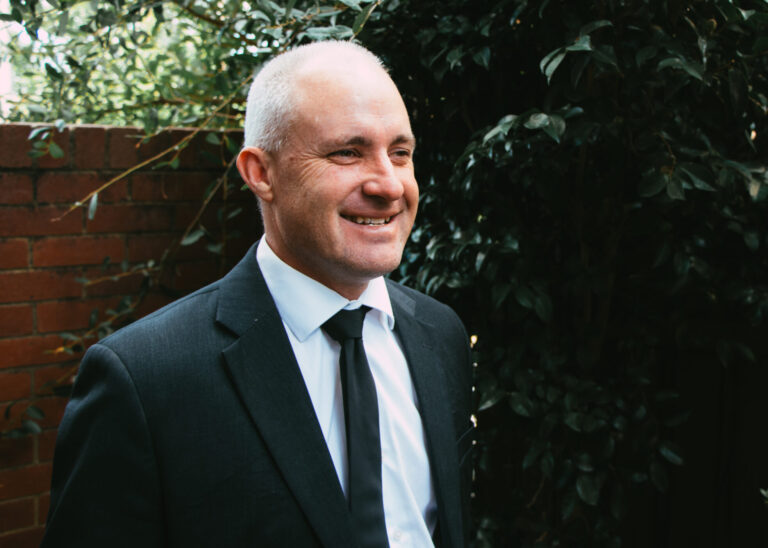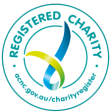“Prison Fellowship actually changed the trajectory of my life. They showed me what normal looked like. I’ve had a lot of social work interaction, counsellors, and psychologists as a young person, and none of them was as effective as the volunteers from Prison Fellowship.”
For many children of prisoners, having a safe space to be seen, heard, and encouraged is rare. But Prison Fellowship’s Camp for Kids is one such space. This free week-long camp is designed to be a time of encouragement and fun, where children of inmates spend time with other kids in similar situations, hear about Jesus, and have a lot of fun. For Holly Nicholls, Camp for Kids was so much more than just a fun week away from home. It was a life-changing experience.
A Broken Home
“Growing up, I had a lot of trauma. My dad was a substance user and he was in and out of jail. Every three years, he’d go in for crimes relating to poverty – he would do robberies or whatever, just to get his drugs. It led me to feel a bit abandoned. I literally came from a broken home, in every sense of the word. There were heaps of holes in our walls and nothing worked. It was just horrible to live there, and I never really felt safe, ever. I was always hypervigilant from all the trauma and watching my mum get really badly beaten all the time, so I had insomnia when I was little. And when I first came into contact with Prison Fellowship I was very antisocial and very aggressive because that was my safety mechanism.”
“I was an angry young person because I was going through these social issues that my friends couldn’t really relate to. It was hard because dad was in and out all the time. That was really frustrating for me. I had low self-esteem because I thought, why can’t he just stay out? Why can’t we be a family? What’s wrong with me?”
“That made me angry and I was hypervigilant because of the trauma that came from observing family violence and just dealing with the police a lot, that would come to our house and kick our door in, and stuff like that. I was really hostile towards any authority figures, including my teachers at school. It was pretty hard. I couldn’t make sense of what was happening, so it just led to anger, always angry.”
“We were really poor. All the money my dad got just went straight up his arm. That’s what my mum always used to say. I was 10 and I didn’t really understand what she meant. Mum used to go to the pokies a lot. She was pretty good at making sure we had food, even if we just had bread for dinner, which we did a lot, we always got fed. At least we always had dinner and breakfast.”
A Life-Changing Camp
It was only when Holly was invited to attend Camp for Kids when she was 13, that she experienced positive affirmation for the first time.
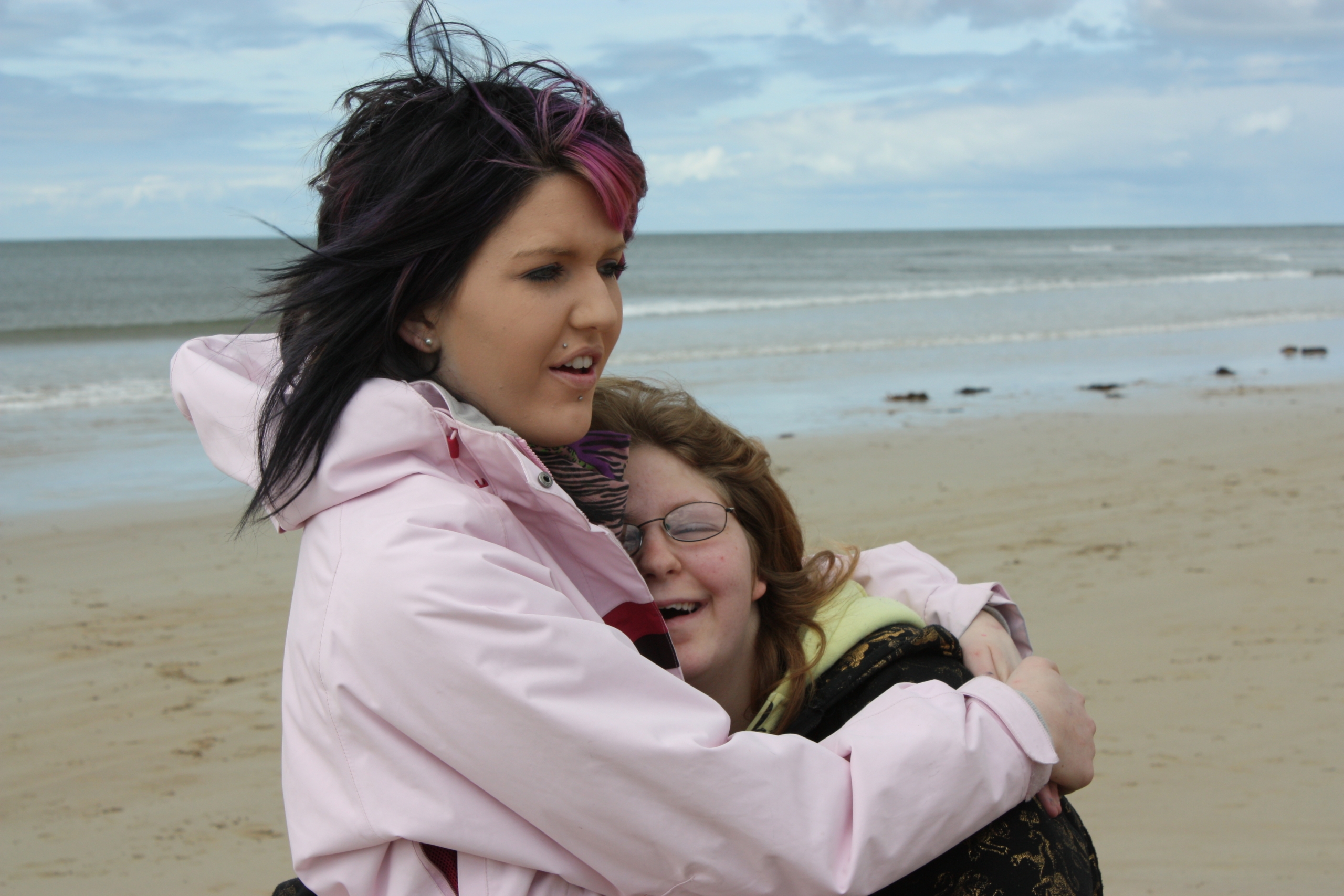
“We played a game called shooting stars – it’s a confidence-building exercise where we get positive affirmations from our peers. We’d sit in a circle, and then we’d say, ‘I’d like to send a shooting star to…’ and then we’d pick someone in the group, and thank them for something, or say something positive about them. I just remember feeling something I had never felt before. It was unusual for me to hear positive things about myself. I really, really loved it.”
“I feel like the whole cohort at camp did not really have self-esteem, because when your parent keeps going to jail the lens becomes inward-focused, and you think, ‘Why don’t you love me enough to be good, to not go to jail?’”
The other activities at camp also boosted Holly’s confidence and social skills. “We did a lot of physical activity, but then we did some games that helped us with our social skills and relationship building. That was a skill I really needed at the time as well – [at school] I didn’t really have the social skills to make friends. I was kind of a bully actually because I didn’t want to get bullied myself. It was just that power and control thing, I think.”
“The self-esteem that I got from the activities at Camp was huge. The games focused not just on physical activity, but they targeted our emotional well-being. That was a very new concept to me and it was really cool to hear young people saying nice things about me because in school that didn’t happen. It helped me build my sense of self-worth that got torn away from me by my dad because he wouldn’t stay out of jail.”
“Camp was the first place I really experienced healthy love. I would display a lot of positive behaviours post-camp, as well. For a good six months, I’d be super good. For that six months, I wouldn’t be out shoplifting or hurting people, attacking people in the community. I used to fight, fight all day, every day. Just used to fight anyone, everyone. After Camp, I didn’t feel like I needed to do that anymore because I felt in control of my own life after spending a week away with these amazing people that just lift you up. I just think that’s paramount to young people’s well-being, to be able to connect with kids that are like-minded and in the same situation because every kid has that allyship. We seek out who’s similar to us and being in mainstream school, it’s not many. To be able to form those connections is really important.”
The Impact of Mentors
“The mentorship from the leaders on camp was really impactful. We’d go for bush walks and have chats – they were really helpful. It was nice to talk to an adult who wasn’t substance-affected because that was the norm for me, for my dad to be so stoned. He would be nodding off when I spoke to him. So when I spoke to a male that was not substance-affected, it was really nice. I didn’t have any male role models at all, so it was helpful.”
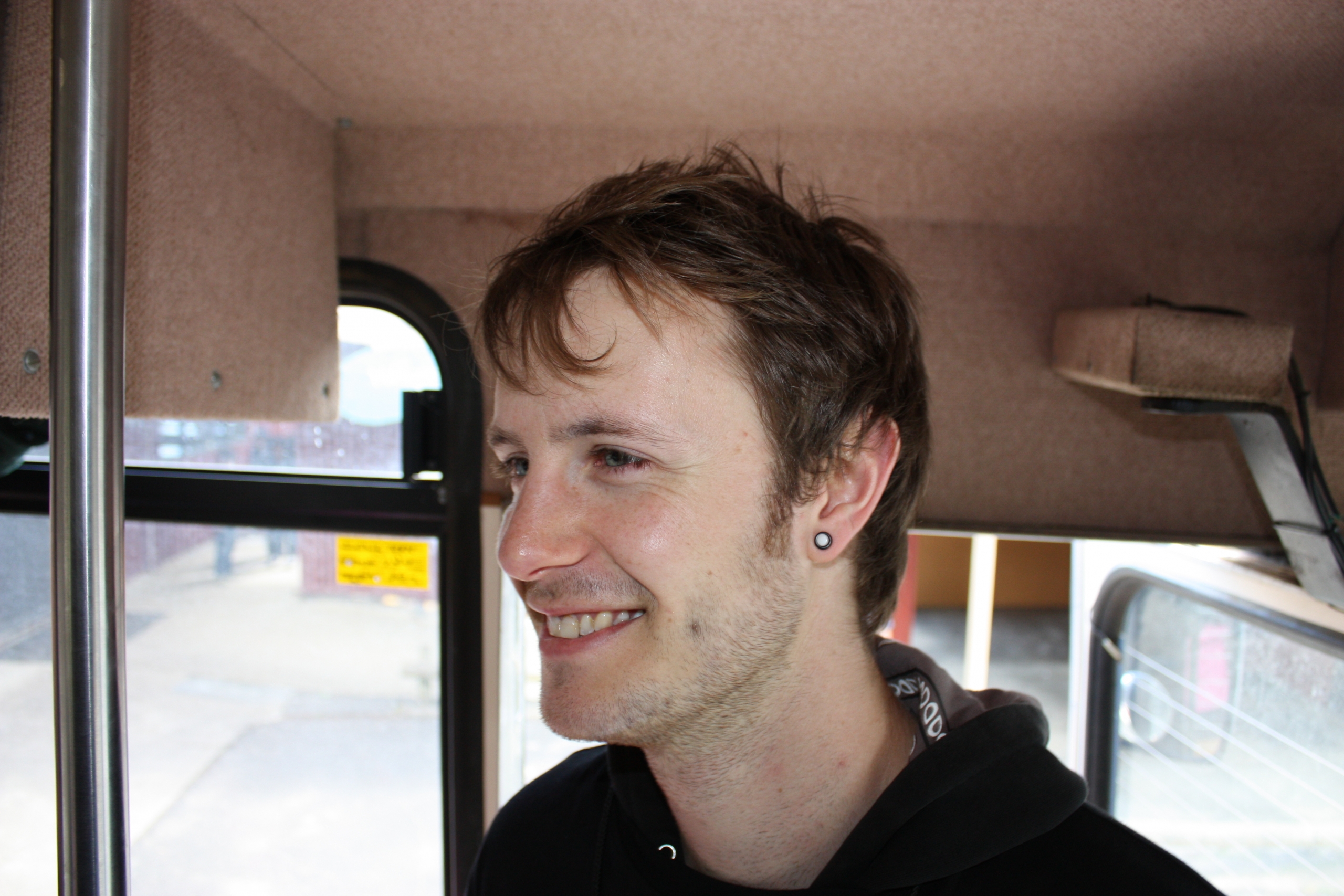
Two leaders, in particular, were influential for Holly. “I had a lot of people, like Dean and Abel, just put time into me, checked on me, and drummed into my head, ‘You have so much potential. You need to go to university. The way you think and the way you speak, you’re really smart. You just have to do something with yourself.’”
“Abel’s got a really caring and compassionate nature, the way he responded to me when I was angry as well, was just really calm. He wouldn’t get angry with me. He used music as well. He used music to connect with me and other young people and it was really therapeutic. It worked well.”
“Dean would tell me, ‘You’re a really bright young person, you have a lot of potential. If you ever need a job reference anything, I’ve got you.’ I never had that male mentorship before, so I guess it gave me a sense of what normal looks like. These are young men, they’re functioning, they have jobs, they’re kind, they don’t lose their mind if you do the wrong thing or step out of line. You’re not going to get beat up. You’re not going to get screamed at. It was just really different for me. It just opened up a different element of society I had never seen before because my dad was a drug user, so therefore all his friends were also drug users too. I’d never met a man with a job.”
“My education definitely helped me to break the cycle of crime because I broke away from my old friendship groups and started to make better friends at university. I have a whole host of friends who are employed and they make positive contributions to the community. I still have friends that use drugs and are in prison right now, people from my childhood that I grew up with. But my education changed my trajectory and that’s partly thanks to Prison Fellowship for their leadership and mentorship – the things that they showed me and taught me on camp.”
“Those positive connections that I made with caring adults who actually cared and held our well-being as important – it was really important and something very new to me and I know it was new to a lot of other young people too.”
Angel Tree also had a big impact on Holly as a kid. As she explains, “We were dirt poor and I was given a designer bag through Angel Tree. I felt amazing. Like the shooting stars game, it just lifted my self-esteem immensely. I was so grateful for that.”
Paying it Forward
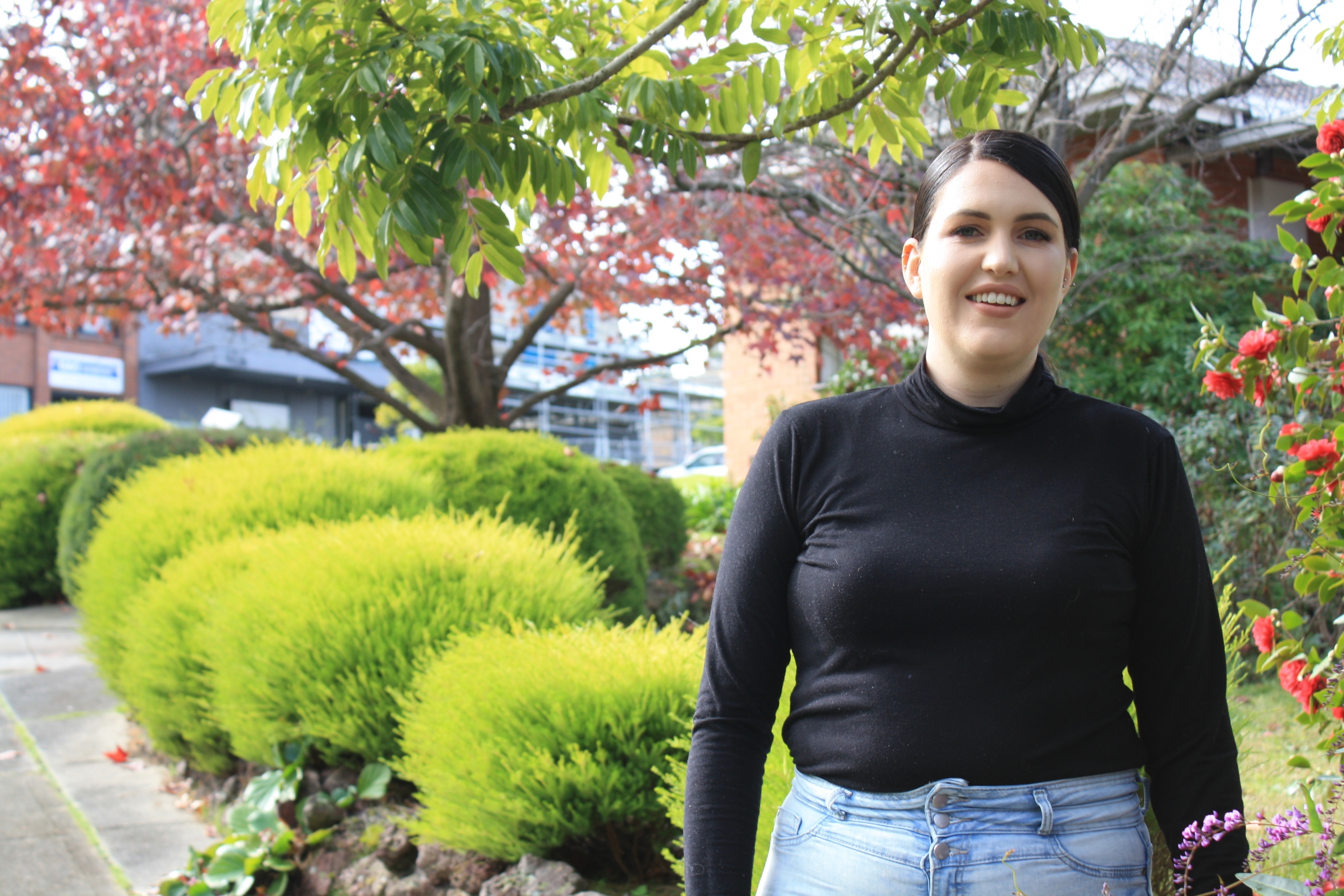
Holly, now 29, is a social worker, working with kids in temporary housing and foster care. “I did a diploma in community service work at TAFE and a social work honours degree at RMIT. I now work at Anglicare Victoria as a therapeutic youth worker. I work with young people in out-of-home care in a residential setting and act as a pseudo-parent, just making sure they’re okay. I help build their life skills, enhance their well-being, and keep them safe.”
“I guess the connections that I made with the adults on Camp made me want to become a social worker. I guess I’m paying it forward because I know they had a big impact on my life. They really did. It’s just hard to find the words. They did change the trajectory of my life because they showed me how to be a normal member of society. I want to help people as well. They made a difference for me and it’d be beautiful if I could do that for another young person.”
“The leaders on camp definitely influenced my own leadership style. I try to lead with compassion and seek to understand because that’s how they operated. When you take kids away on camp, there are going to be rules, but they would always lead with compassion and care, and always seek to understand, instead of just being punitive straight off the bat. Camp for Kids is really important because it gives kids insight into a new normal and what a functioning person in society looks like. That’s important.”
“I think we need to destigmatise having a parent in prison. It is not very talked about. I made the mistake of telling someone in primary school and I did get bullied for it, and I did not really understand why. We need to start having conversations about it, because I do not really understand where the stigma comes from.”
“It’s really important to keep Prison Fellowship going because they have a really good model of care. It is crazy – I am practising as a social worker, and I do not think I have ever met anyone that has the skill base and compassion that the volunteers on those camps have. No one can match it; it is crazy. So just making sure that they stay up and running and keep extending and extending to help kids like us is really important, because they are changing lives. We need them.”



